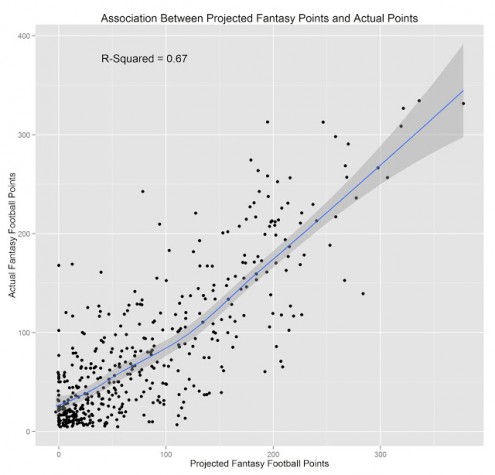Once any application, dockerized or otherwise, reaches production, log aggregation becomes one of the biggest concerns. We will be looking at a number of solutions for gathering and parsing application logs from docker containers running on multiple hosts.
This will include using a third-party service such as Loggly for getting setup quickly as well as bringing up an ELK stack (Elastic Search, Log Stash, Kibana) stack. We will look at using middleware such as FluentD to gather logs from Docker containers which can then be routed to one of the hundreds of consumers supported by fluentd.
In this article we focus on using third party tools, using Loggly as an example. We will highlight how to get application logs to Loggly using both Docker and Rancher.
If you want to get setup aggregating logs quickly the best option is to use a hosted third-party solution. There are many such solutions for example Paper Trail, Splunk Cloud and Loggly.
We will be using Loggly as an example, Continue reading.








